Keywords: Church Sex Abuse Scandal
-
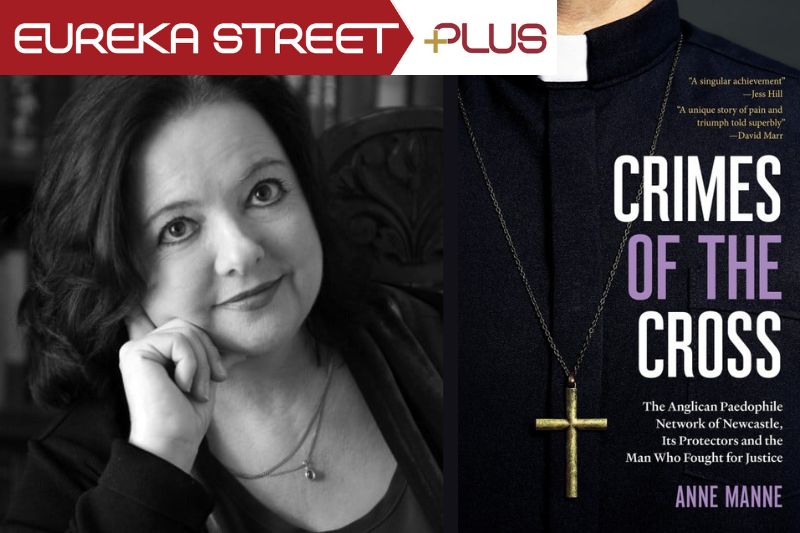
ARTS AND CULTURE
Recent years have made clerical child sexual abuse a badge of shame within Australia’s Catholic hierarchy, and rightly so. But Anne Manne’s new book, Sins of the fathers, will give pause to those who blame these offences on the rule of hieratic celibacy.
READ MORE 
-
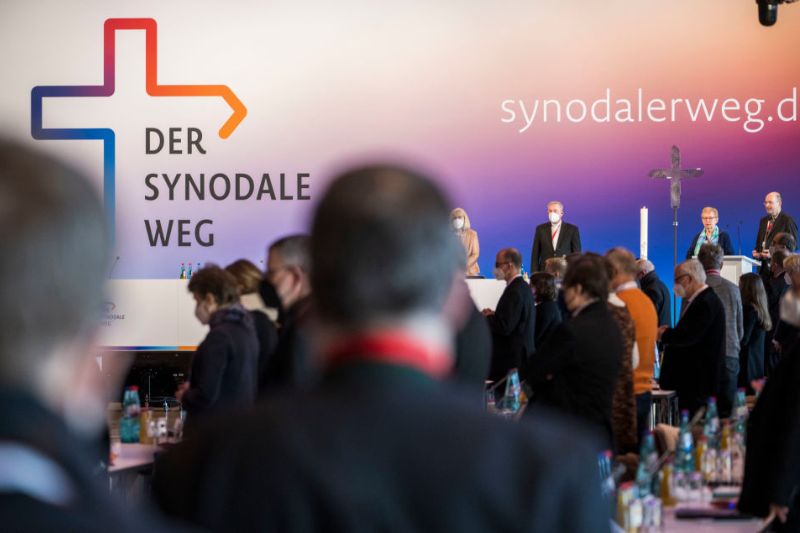
RELIGION
- Susan Sullivan
- 25 May 2023
4 Comments
In the final German Synodal Way assembly, the Church addressed difficult issues, openly discussing obligatory celibacy and blessing same-sex couples and divorced Catholics. The assembly pushed for Church teachings to adapt to individual congregations' realities, but how this approach will affect the global Church is unclear.
READ MORE
-

RELIGION
- Tracy McEwan, Patricia Gemmell
- 06 October 2021
15 Comments
Annabel Crabb’s ABC TV documentary series Ms Represented had us gasping, laughing and raging all at once. The series struck an achingly familiar chord as women from different political parties and generations voiced their common experience of sexism and misogyny in Australia’s parliament, elucidating just how hard it is for women to have a voice at the table in Australian institutions of power.
READ MORE 
-
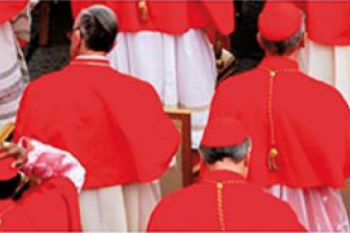
RELIGION
- Michael Furtado
- 14 June 2019
34 Comments
Martel's work cannot be ignored because it is published at a time when the Church is engulfed by several sexual scandals of global magnitude. Reviewing Martel's book provides an opportunity to critically examine the narratives of accusation and defence that surround such accounts, so that onlookers can make sense of them.
READ MORE 
-

RELIGION
- Jim McDermott
- 21 August 2018
22 Comments
The idea of some sort of communal action by bishops does speak to the deepest desire of many if not most US Catholics: that leaders of the US Church might finally take responsibility for their actions, and demonstrate that the pastoral needs of their people and the Church are more important than their own status or position.
READ MORE 
-
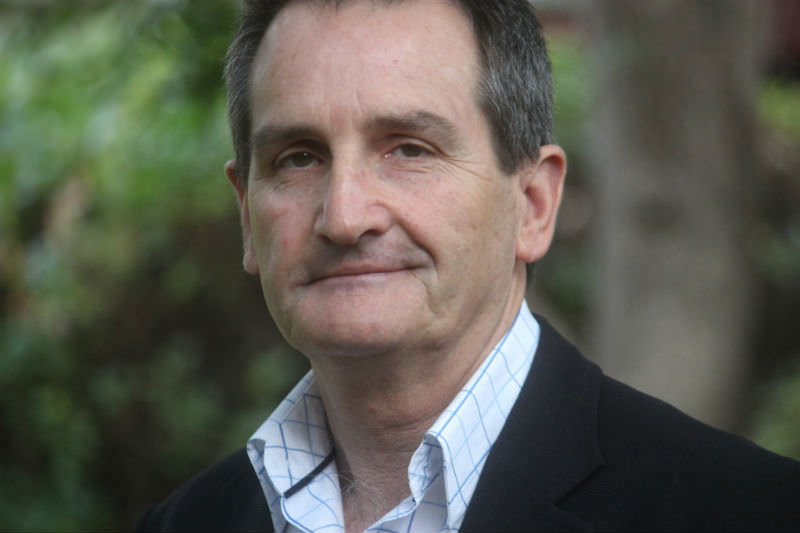
RELIGION
- Fatima Measham
- 24 January 2018
19 Comments
Fatima Measham speaks with Francis Sullivan, CEO of the Truth Justice and Healing Council, to reflect on the journey since the Royal Commission was first announced in November 2012 and to consider what are the next steps for the Church.
READ MORE 
-
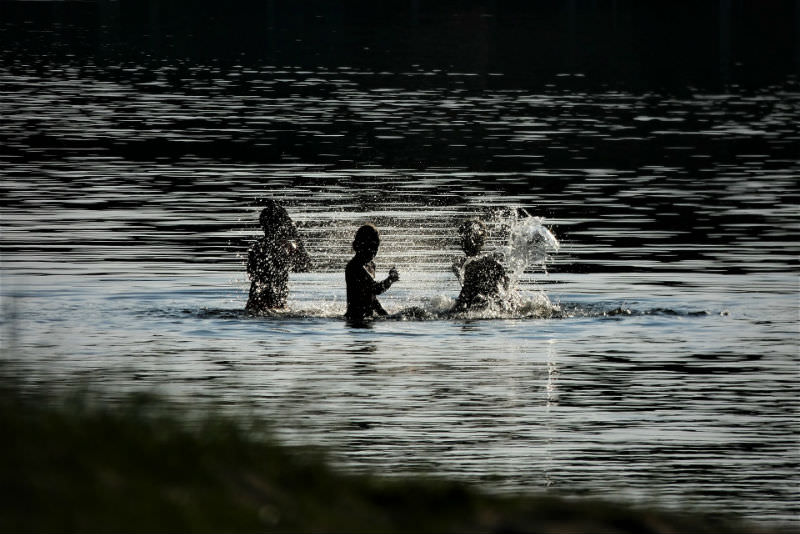
RELIGION
- Moira Rayner
- 08 January 2018
2 Comments
This royal commission has changed the public response of religious institutions, not their culture. Nor has it altered the culture at the political pointy ends of state, territory or national government. The cause of the misuse of power over children was our refusal to take a child's world view as seriously as our own adult priorities.
READ MORE 
-

RELIGION
- Moira Rayner
- 07 December 2017
40 Comments
This royal commission has changed the public response of religious institutions, not their culture. Nor has it altered the culture at the political pointy ends of state, territory or national government. The cause of the misuse of power over children was our refusal to take a child's world view as seriously as our own adult priorities.
READ MORE 
-
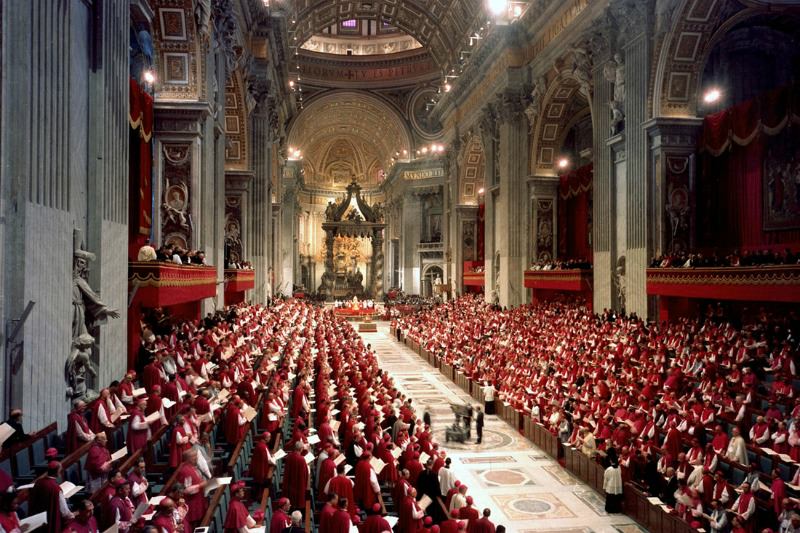
RELIGION
- Stephen de Weger
- 07 June 2017
69 Comments
The sexual revolution and Vatican II was a release from 'parental control' resulting, for many, in the sudden emergence of full-blown psychological adolescence with its risk taking, experimentation and lack of a fully developed sense of responsibility. Many clergy either slid into adolescent liberalism or, collapsing under new adult demands of freedom, retreated into reactionary conservatism. Others grew up and moved on, into new ways of being 'celibate'. Clergy misconduct is found in all three groups.
READ MORE 
-
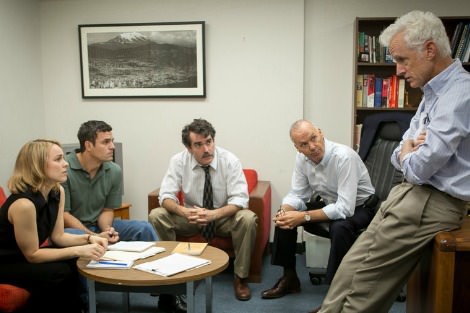
ARTS AND CULTURE
- Richard Leonard
- 28 January 2016
18 Comments
This is one of the angriest films you will ever see. In the Bible we hear about righteous anger, where God or humanity realises something is so wrong and sinful that 'holy anger' is the first and right response. At its best in the scriptures this anger leads to justice, making things right. Spotlight is an occasion for holy, righteous anger and every adult Catholic should see it.
READ MORE 
-

ARTS AND CULTURE
- Jim McDermott
- 28 January 2016
4 Comments
Not long ago a priest visiting from abroad told me that the story of Spotlight doesn't really apply to his country. 'We don't have that problem here.' It's a comment you get somewhat regularly from some parts of the world. Would that it could only be true. Without a much greater willingness on the part of the institutional Church to let itself be broken and changed by what we have learned since January of 2002, it's more likely a sign of disasters still to come.
READ MORE 
-

RELIGION
- Frank Brennan
- 30 November 2015
6 Comments
'No one doubts the pastoral sensitivity of Pope Francis. But the Church will continue to suffer for as long as it does not engage in open, ongoing discussion and education about the issue of women's leadership. The official position is no longer comprehensible to most people of good will, and not even those at the very top of the hierarchy have a willingness or capacity to explain it.' - Fr Frank Brennan SJ outlines five challenges and opportunities for the Catholic Church in the 21st century.
READ MORE